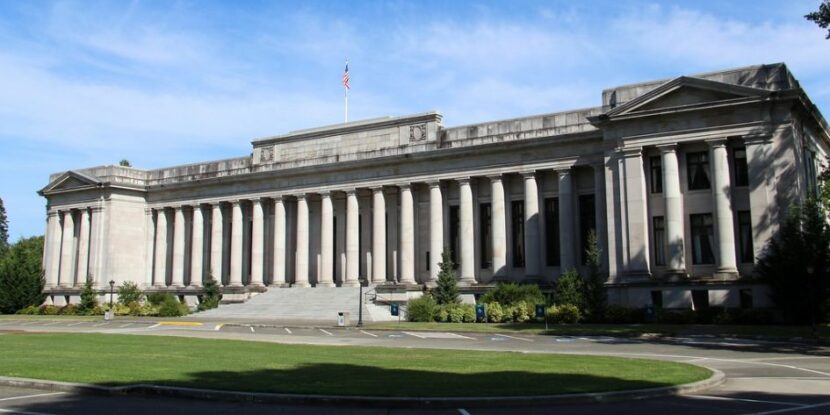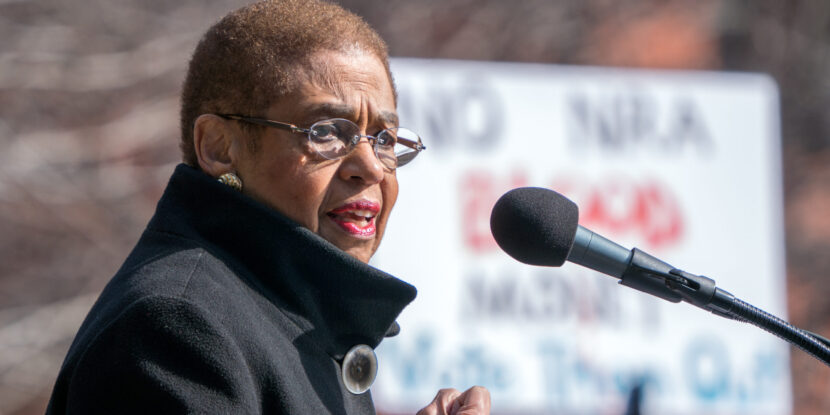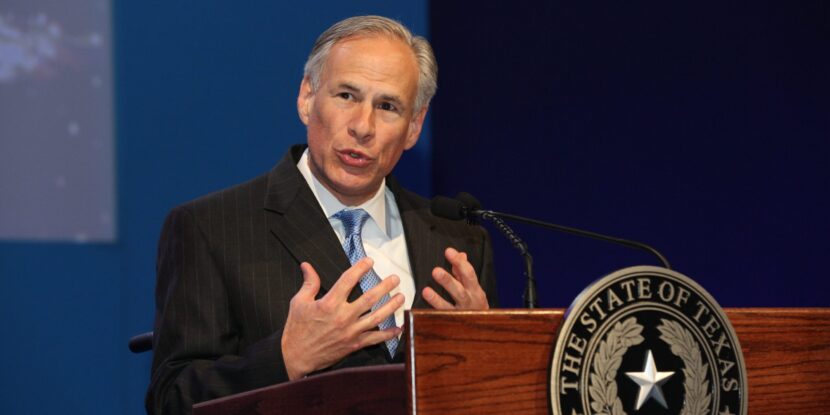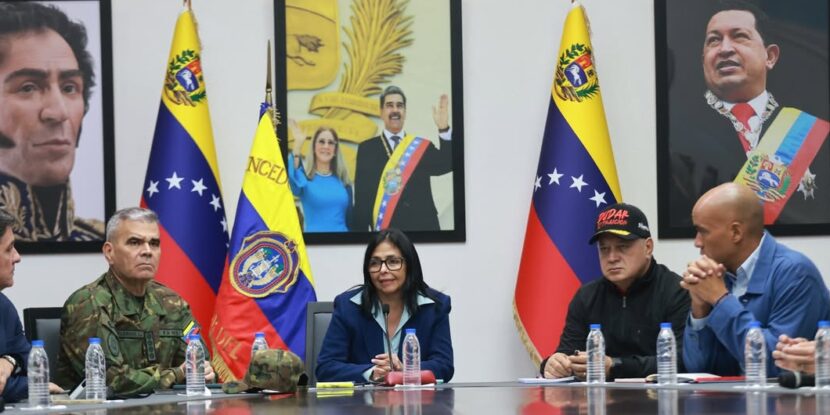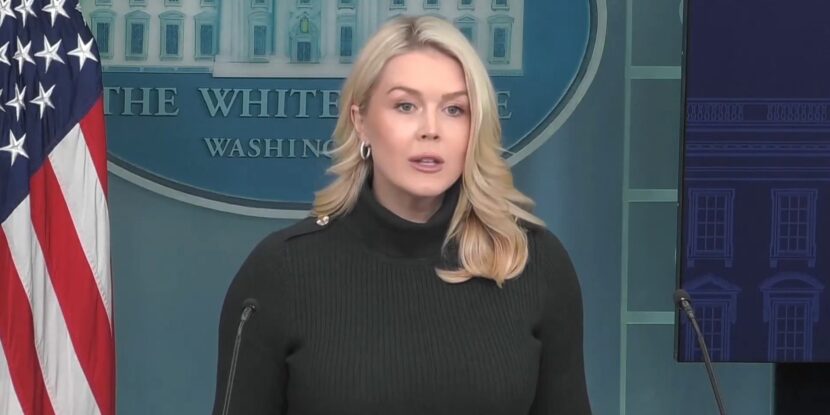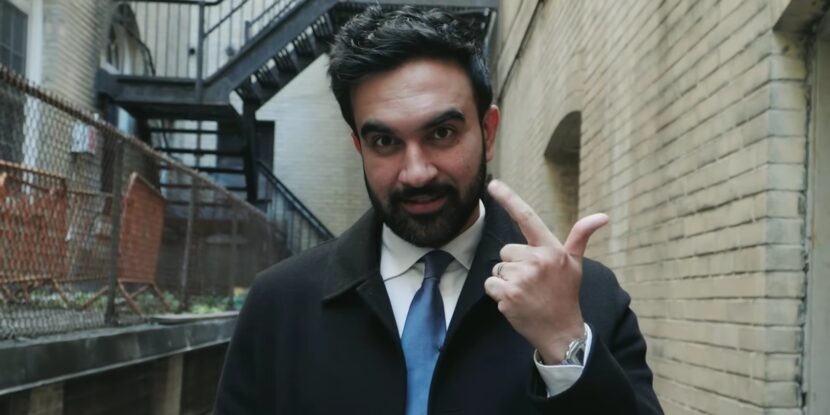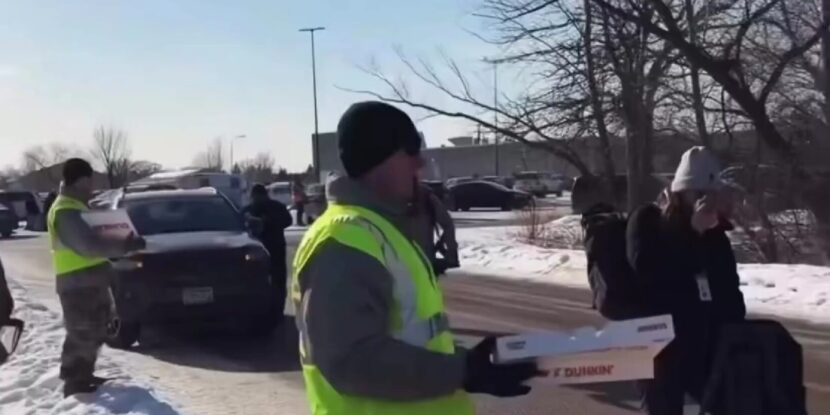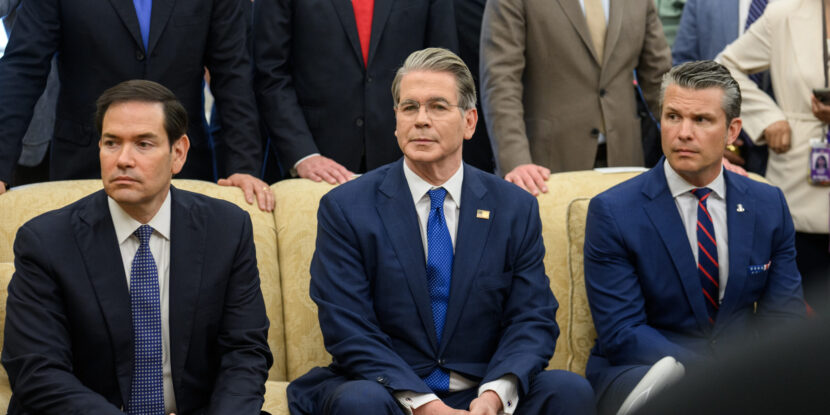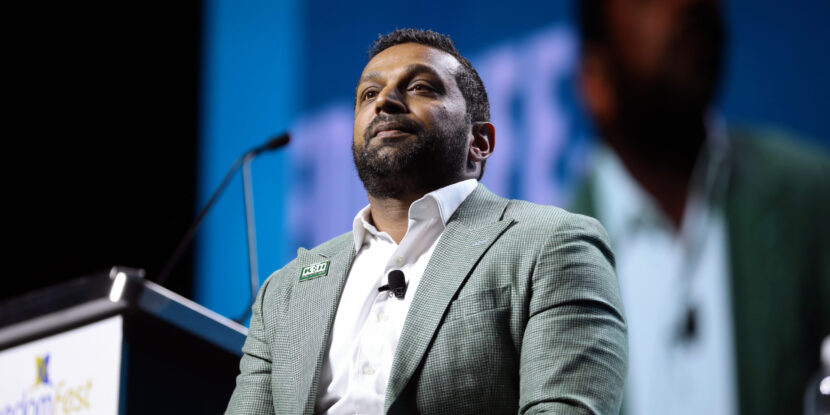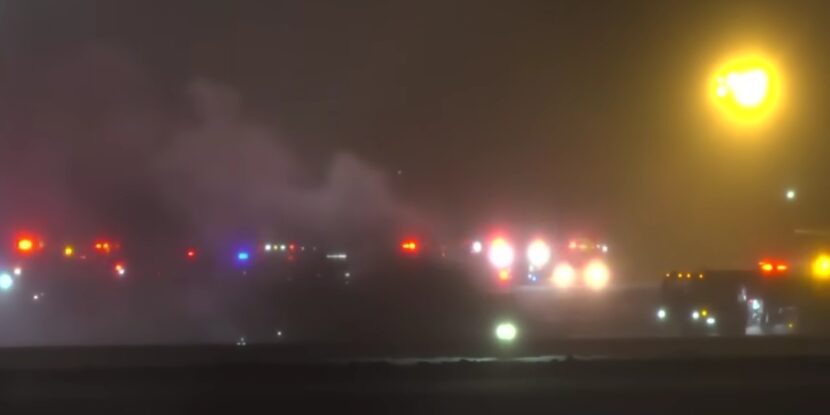In an effort to ‘diversify’ the legal profession, the Washington Supreme Court released two orders approving alternatives to the universal bar exam on Monday. According to the Court, the exam “blocks marginalized groups from entering the practice of law” and has “racism and classism written into the test itself.”
Spearheaded by Justice Raquel Montoya-Lewis of the Washington Supreme Court and Dean Anthony Varona of the Seattle University Law School, a task force reevaluated traditional bar exam approaches after a year of pandemic-enforced changes. The task force’s report claims the exam “disproportionately and unnecessarily blocks marginalized groups from entering the practice of law, and the traditional bar exam is at best minimally effective for ensuring competent lawyers.”
The court orders gave the green light to alternatives such as the NextGen bar exam by the National Conference of Bar Examiners, set for summer 2026, which will have a reduced minimum passing score of 266. The court also approved three experiential learning options for both law school graduates and students, as well as APR 6 law clerks.
The new pathways involve a six-month apprenticeship for graduates under a qualified attorney and three mandatory standardized courses. Law students must complete 12 qualifying skills credits and gain 500 hours of work experience as a licensed legal intern. Law clerks would follow a similar path to law school graduate apprenticeships while also obtaining the required hours as interns.
Moving forward, the court will join efforts with the Washington State Bar Association to develop an implementation system and timeline, despite recent criticism of the association due to controversial remarks made by an executive member.
Critics are concerned the Court’s decision will result in under-qualified and less-than-capable candidates becoming lawyers. A number of top American universities that abandoned standardized test scores as entry requirements — also in the name of diversity — have since reversed their decisions.
